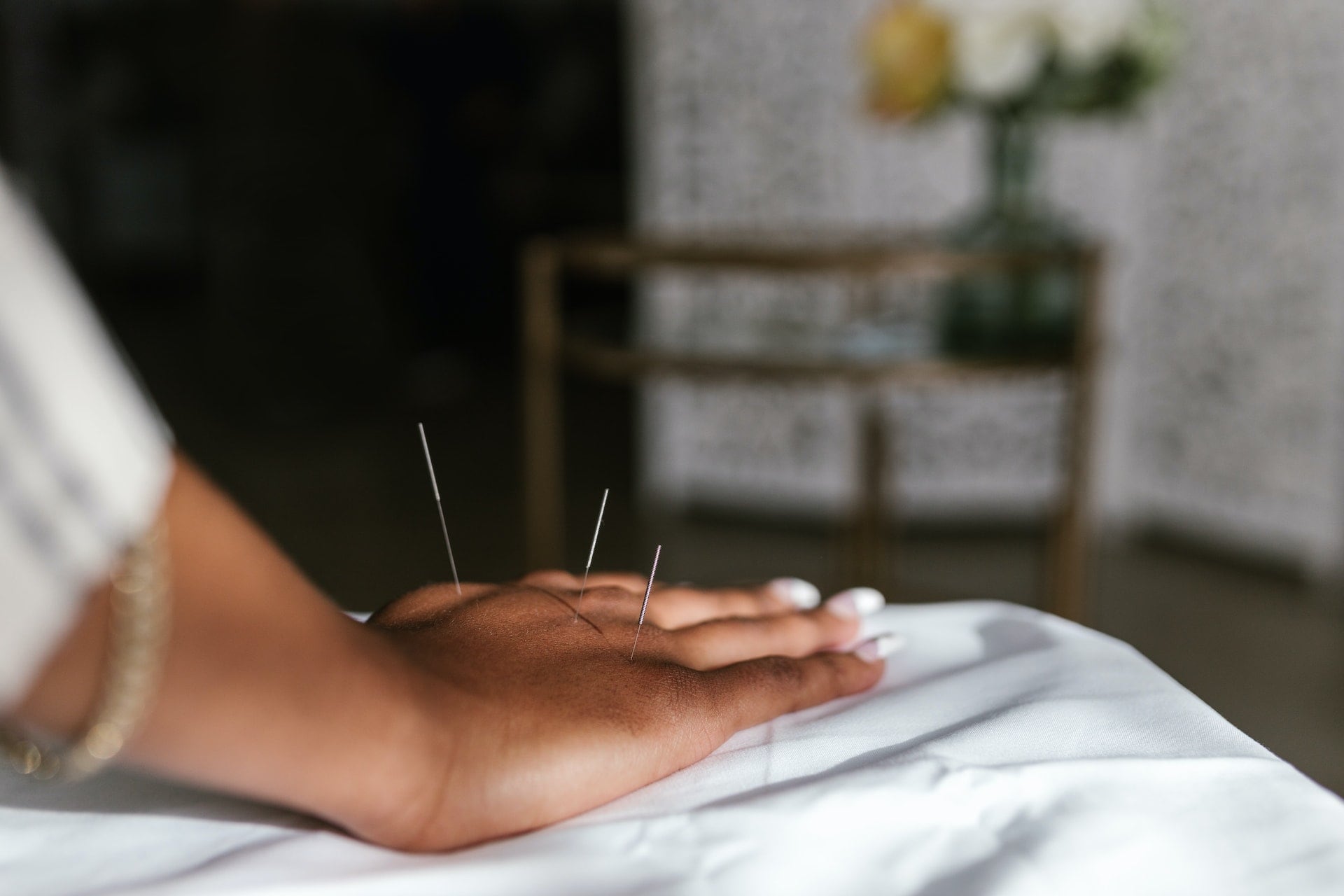Do you often find yourself feeling fatigued or drained after an acupuncture session? Although acupuncture has been around for centuries, many still have questions regarding its effects on their bodies. One frequently asked question is why some individuals experience post-acupuncture fatigue.
This article delves into the science behind this phenomenon and offers practical solutions for alleviating it.
The Power of Acupuncture
Acupuncture applies pressure to specific points on the body’s meridians to stimulate Qi to flow within your system. This vital energy is believed to be the foundation of good health in traditional Chinese medicine. However, disruptions in Qi flow can cause a wide range of physical and emotional issues.
Acupuncture is a popular alternative therapy that aims to restore balance to the body by stimulating specific acupoints with thin needles. But why does it leave some people feeling fatigued after treatment?
The answer lies in the body’s response to acupuncture – it promotes relaxation, regulates the nervous system, stimulates blood flow and circulation, and encourages natural healing processes. However, this process also involves releasing “feel good” chemicals like endorphins and serotonin that regulate mood and reduce pain. While beneficial, this sudden surge of chemicals can cause fatigue after an acupuncture session.
Additionally, acupuncture can activate your parasympathetic nervous system – responsible for rest and digestion – which further contributes to feelings of tiredness post-treatment. Acupuncture has become increasingly popular in recent years due to its numerous physical and mental health benefits. However, one common concern among patients is experiencing fatigue after treatment.
Acupuncture works by balancing Qi and promoting healing in the body through needle insertion into specific pressure points. This process requires significant energy expenditure that may lead to fatigue.
Factors that may cause fatigue

Various factors can cause post-acupuncture fatigue, such as pre-existing health conditions, sensitivity to acupuncture needles, high stress or anxiety levels before or during treatment sessions, dehydration resulting from inadequate water intake before or during therapy sessions, and insufficient sleep patterns.
If you’re experiencing tiredness following an acupuncture session, worry not since this is normal for most individuals undergoing this form of therapy. Your body needs time to adjust following treatment while undergoing healing processes, leading to feelings of exhaustion being commonplace post-therapy sessions until your system rebalances itself.
Don’t let post-acupuncture fatigue drag you down! Try these tips for relief:
- Open up communication with your acupuncturist about any feelings of tiredness during or after treatment.
- Be proactive in planning around appointments – prioritizing downtime afterward while scheduling when there is ample rest time in close proximity.
- Prioritize proper hydration by drinking enough water before and after treatments.
- Prioritize nutrition by eating healthy snacks at appropriate times surrounding appointments.
Remember that taking care of yourself holistically also includes:
- Getting enough sleep.
- Finding stress management techniques that work for you.
- Being intuitive about your body’s needs.
If you’re experiencing fatigue after an acupuncture session – don’t worry! This means your treatment is working and has activated your body’s natural healing processes! To help ease discomfort during this recuperation period, treat yourself with self-care techniques such as soaking in a warm bath or enjoying a good book read on easy walks outdoors whenever possible.
Patience during recovery is key – remember that it takes time! Communication is crucial to keep your practitioner informed of your recovery progress. Factors like staying hydrated, eating healthily, and getting ample rest will do wonders to alleviate post-acupuncture fatigue.
MD, PhD. Physical Medicine & Rehabilitation Physician from São Paulo - Brazil. Pain Fellowship in University of São Paulo.

